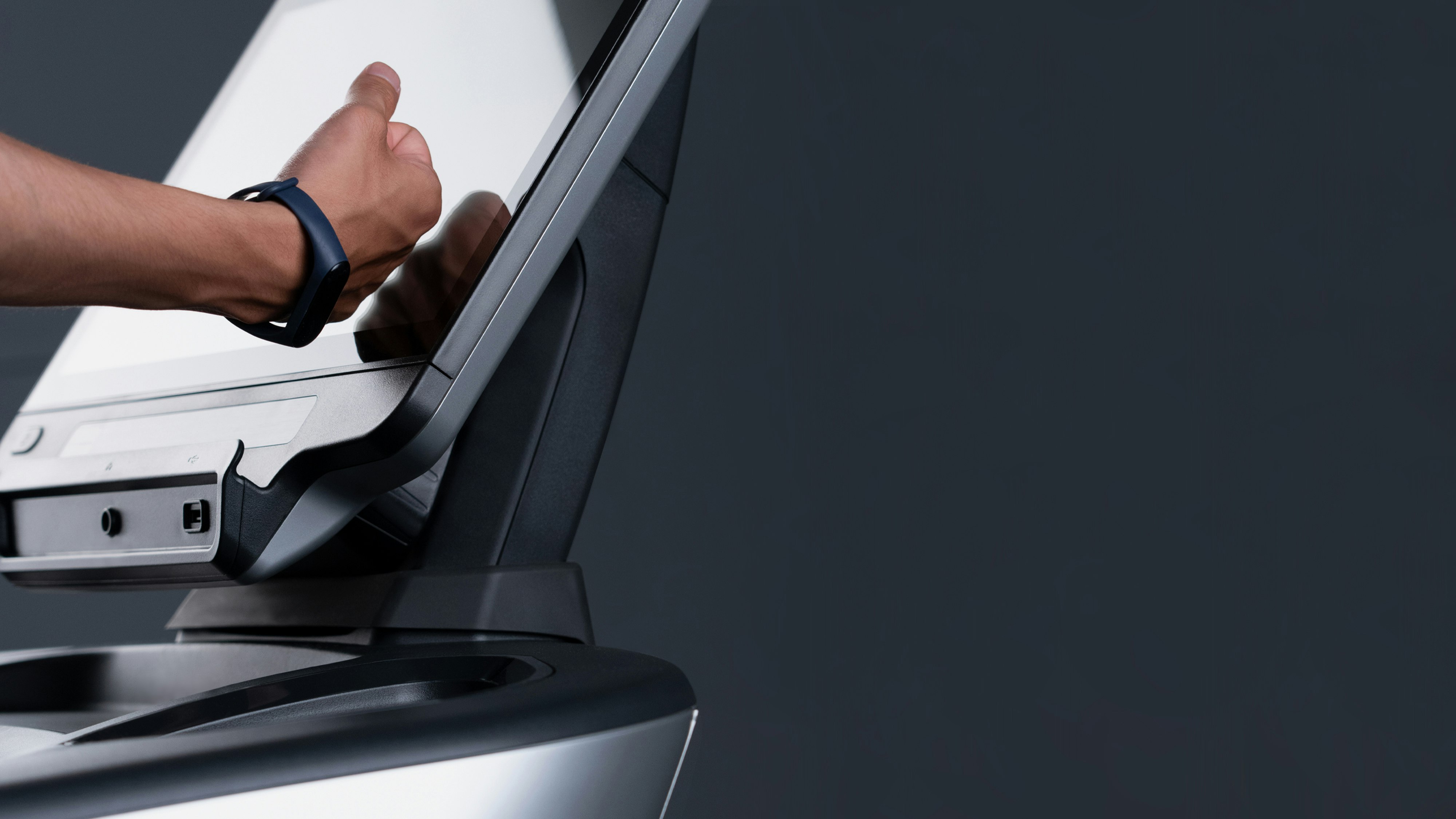According to Aaron, one concerning aspect is the possibility of companies secretly tracking their employees without their prior consent. This unauthorized monitoring can have serious legal implications. Additionally, placing tracking devices on employees' personal property without consent is a violation of their privacy rights. Such practices can lead to legal disputes and damage the employer-employee relationship.
While workers can leave their RFID tags at home after work to avoid being tracked during off-hours, employees generally have limited privacy rights while on the job. As Messing points out, since employees are being paid to work, employers often feel entitled to track their activities. This includes monitoring phone conversations, computer usage, movements within the premises, and even bathroom breaks. This level of surveillance can compromise employee privacy and raise concerns about the extent of surveillance permissible in the workplace.
Furthermore, staff privacy is a significant concern in healthcare environments where RFID systems are being implemented. Accordingly, hospital staff can be monitored at any given moment during working hours. The data or information collected from them is sensitive and can be vulnerable to cyberattacks. This surveillance raises controversies around the balance between employee privacy and the potential benefits of implementing RFID systems. Therefore, it becomes crucial to rigorously test RFID systems in select hospital environments before full-scale deployment to address these privacy concerns effectively.
Despite the many advantages offered by RFID technology, it would be inappropriate to assume that this technology works flawlessly and provides staff with a false sense of security. In the event of an outbreak, RFID tags alone cannot guarantee staff inclusion in the notification process. The technology is unable to determine the extent of exposure or whether appropriate protective measures were implemented. Consequently, human discretion is essential in interpreting the data and taking appropriate action.
Furthermore, there are potential risks associated with deploying RFID tags in high-risk situations. An example is when a hospital staff member is working alone with a patient in an isolated area. The majority of risks to staff safety in healthcare facilities are presented by patients themselves. This makes up 89% of the risk. This highlights the importance of ensuring safety for employees who may face unpredictable behaviors from patients with altered mental states due to conditions like dementia, delirium, acute psychiatric illness, or substance use.
In conclusion, the development and implementation of RFID technology bring both benefits and risks to the workplace, particularly in terms of employee surveillance and privacy invasion. While responsible practices can mitigate these risks, companies must be cautious and transparent in their approach to ensure the protection of employee privacy rights. Striking a balance between the advantages of RFID systems and safeguarding employee privacy will be essential to fostering a healthy and productive work environment.





